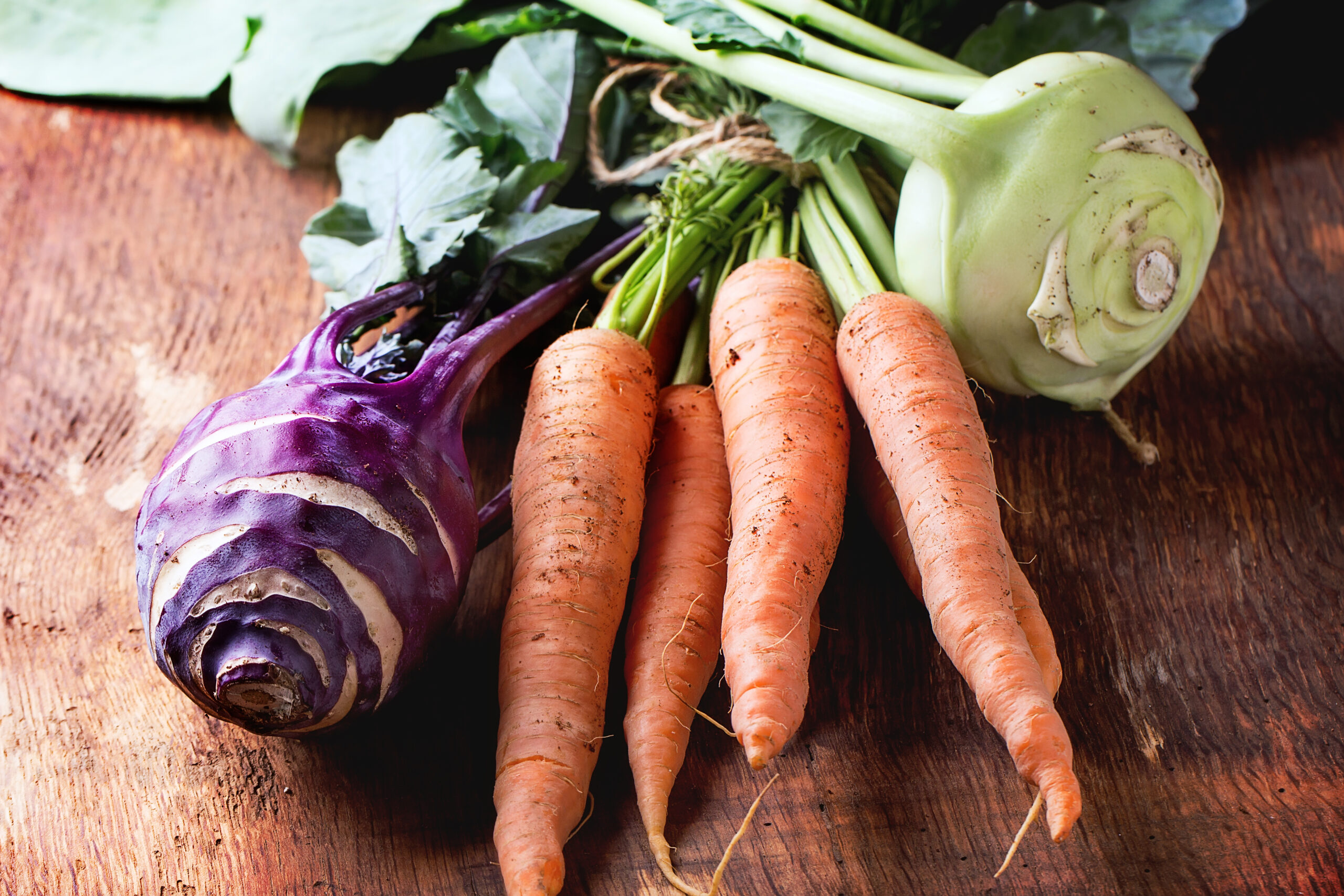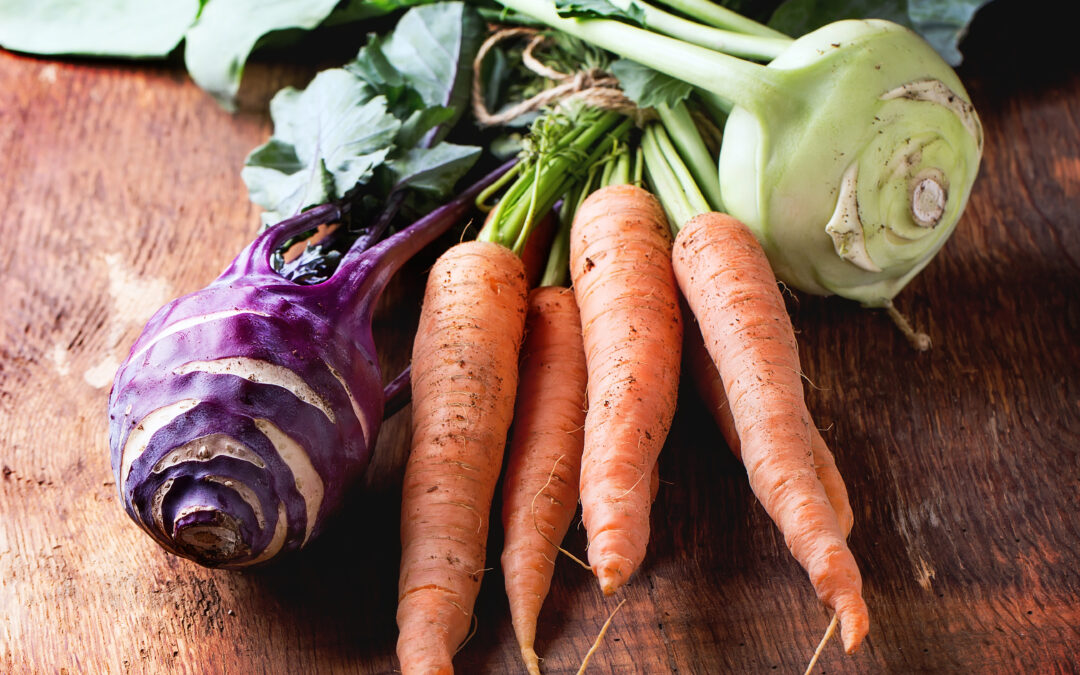Welcome to the world of organic gardening! Whether you’re a seasoned gardener or just starting out, there are many benefits to growing your own produce using natural methods. In this guide, we’ll cover everything you need to know to get started with organic gardening.
Organic gardening is a method of growing plants without the use of synthetic fertilizers and pesticides. Instead, it relies on natural practices such as composting, crop rotation, and companion planting to keep plants healthy and productive. By choosing organic gardening, you can enjoy fresh, nutritious produce while also promoting environmental sustainability.
Benefits of Going Organic
There are numerous reasons why people choose to go organic when it comes to their gardening practices. Here are some of the top benefits:
Better Taste: Many people find that fruits and vegetables grown organically have a better taste than those grown conventionally. This is because organic crops aren’t treated with chemicals that can alter their flavor.
More Nutrients: Studies show that organic foods contain higher levels of important vitamins and minerals compared to conventionally produced foods.
Reduced Pesticide Exposure: Conventional farming uses large amounts of pesticides to control insects and other pests. However, these chemicals can be harmful to humans and animals. By going organic, you can reduce your exposure to potentially dangerous pesticides.
Environmental Sustainability: Organic gardening practices promote soil health, conserve water, and reduce pollution. It’s a great way to contribute to a more sustainable future for our planet.
Choosing the Right Plants and Seeds
One of the most exciting parts of organic gardening is selecting which plants and seeds to grow. When choosing your crops, consider factors like climate, soil type, and personal preference. Some popular options for beginning gardeners include tomatoes, lettuce, spinach, radishes, and carrots.

Preparing Your Soil for Planting
Good soil is essential for healthy plants. To prepare your soil for planting, follow these steps:
1. Remove any existing weeds or debris from the area.
2. Till the soil to loosen it up and break down any clumps.
3. Add compost or other organic matter to enrich the soil and improve drainage.
4. Rake the soil smooth and create rows or beds for your plants.
How to Water Your Garden
Watering your garden correctly is crucial for keeping your plants healthy and productive. Here are some tips for effective watering:
1. Use a hose with a spray nozzle to avoid wasting water.
2. Water in the morning or late afternoon to prevent evaporation.
3. Avoid overwatering by checking the moisture level of the soil before each watering.
Pest Control in an Organic Garden
Unfortunately, even in an organic garden, pests can still be a problem. Here are some natural ways to control common garden pests:
1. Handpick bugs and remove them from the garden.
2. Create habitats for beneficial predators like ladybugs and lacewings.
3. Use natural remedies like neem oil or garlic spray to repel pests.
Harvesting Your Crops
The moment you’ve been waiting for – harvest time! Here are some tips for harvesting your crops:
1. Pick produce when it’s ripe but not overripe.
2. Cut or pull plants carefully to avoid damaging nearby roots.
3. Store your harvest properly to extend its shelf life.
Maintaining Your Garden Throughout the Year
Even after your initial planting, maintaining your garden throughout the year is essential for continued success. Here are some tasks to add to your calendar:
1. Weed regularly to prevent competition for nutrients and space.
2. Fertilize with compost or other organic matter to keep plants healthy.
3. Prune suckers and deadhead flowers to encourage new growth.
In conclusion, organic gardening is a rewarding and sustainable way to grow your own produce. By following these guidelines, you can start your own organic garden and enjoy the benefits of fresh, delicious produce all year long.





